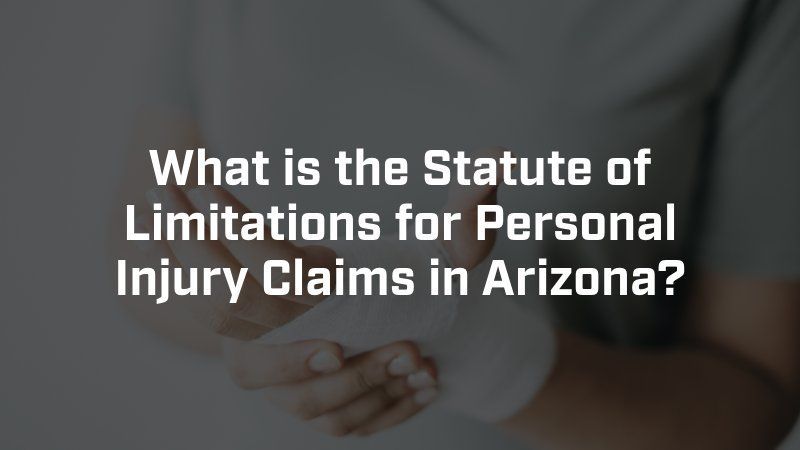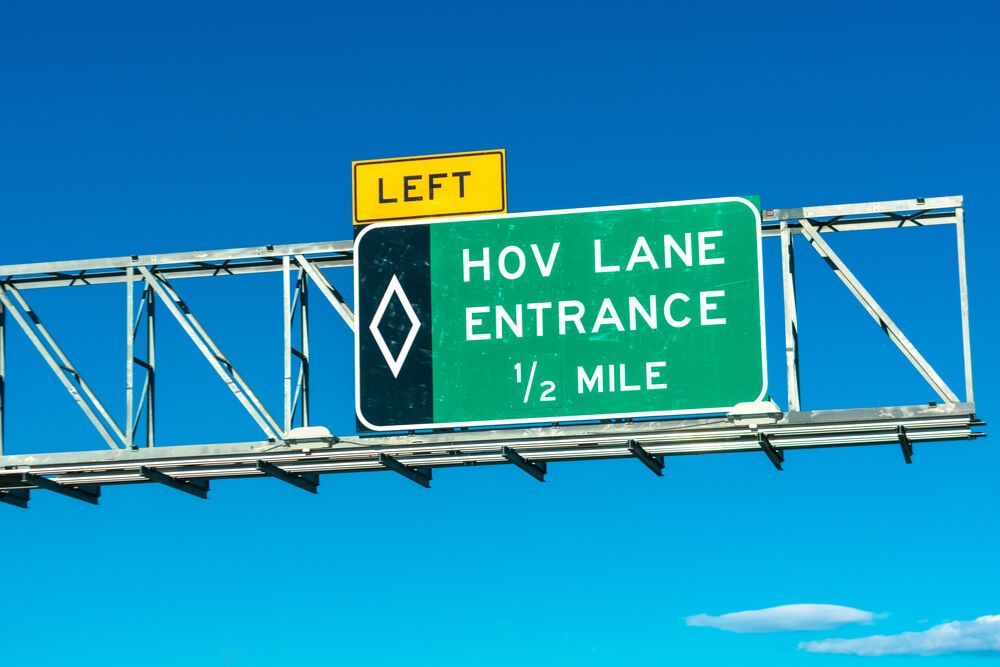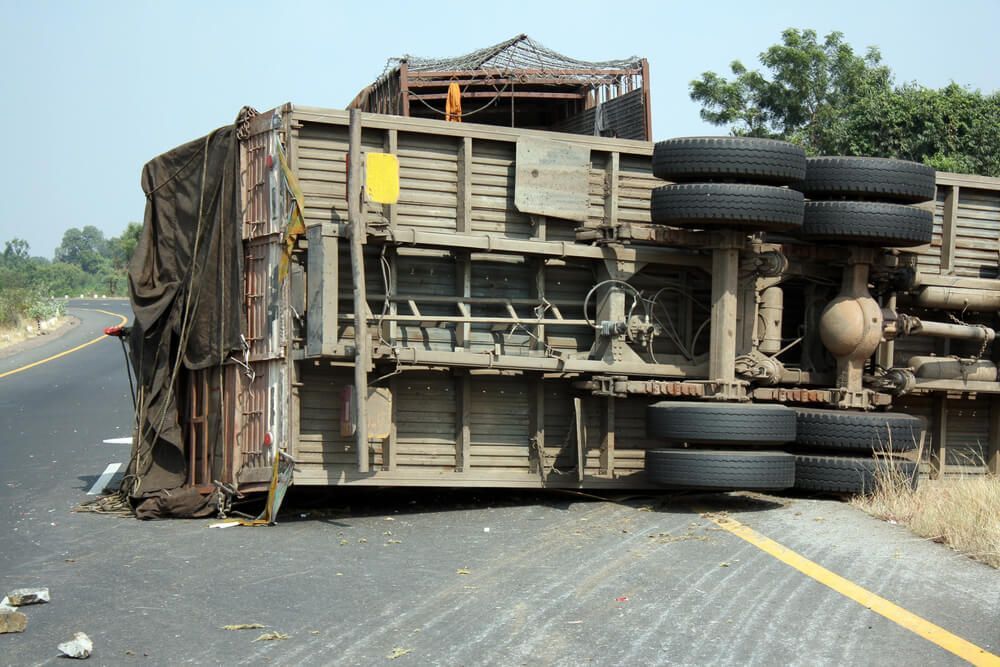What is the Statute of Limitations for Personal Injury Claims in Arizona?
Recent Blog Posts
What is the Statute of Limitations for Personal Injury Claims in Arizona?
Every state sets time limits for how long injury victims have to file civil personal injury lawsuits against the person or entity who allegedly caused their injuries. In Arizona, the statute of limitations for these injury claims is set at two years from the date the injury occurs. Here, we want to review what this actually means for those who sustain injuries and need compensation.

What the Law Says About Injury Claim Deadlines
The state of Arizona sets the personal injury statute of limitations deadline at two years from the date an injury occurs (ARS § 12-542).
This means that injury victims have only two years to file a lawsuit in civil court against the person who allegedly caused the injury. Failing to file the injury claim within this time frame will likely lead to the case getting dismissed, leaving the victim unable to recover compensation.
As with other states, there are some exceptions to this overall two-year time frame. These exceptions include:
- Injury victims under the age of 18. If an individual is under the age of 18 when the injury occurs, the two year time frame will not necessarily start until that individual turns 18. However, if a parent or guardian files an injury claim on behalf of the minor, the minor cannot file a claim later on.
- Public entities or employees. If an injury victim has a claim against a government employee or government entity in Arizona, they must file their claim, at least initially, within 180 days after the incident occurs.
- Product liability claims. Claims involving defective products still have an overall statute of limitations of two years after the incident occurs. However, no lawsuit related to a defective product can be filed more than 12 years after the date the product was first purchased.
Don’t Forget Insurance Carrier Deadlines
Unfortunately, there are other deadlines that you should be aware of but are not necessarily as clear as the personal injury statute of limitations.
The vast majority of injury claims in Arizona involve insurance carriers. However, insurance carriers have their own internal reporting deadlines related to claims that could complicate the process. We urge individuals to file injury claims with any insurance carrier involved as promptly as possible, preferably with assistance from a personal injury attorney in Phoenix who can handle the communication back and forth with the carrier.
What About Wrongful Death Claim Deadlines?
The Statute of limitations for wrongful death claims is also two years in Arizona. If you have lost a loved one due to the negligent, reckless, or intentional actions of another individual or entity, we encourage you to speak to a wrongful death attorney who can help you understand your next options moving forward.





